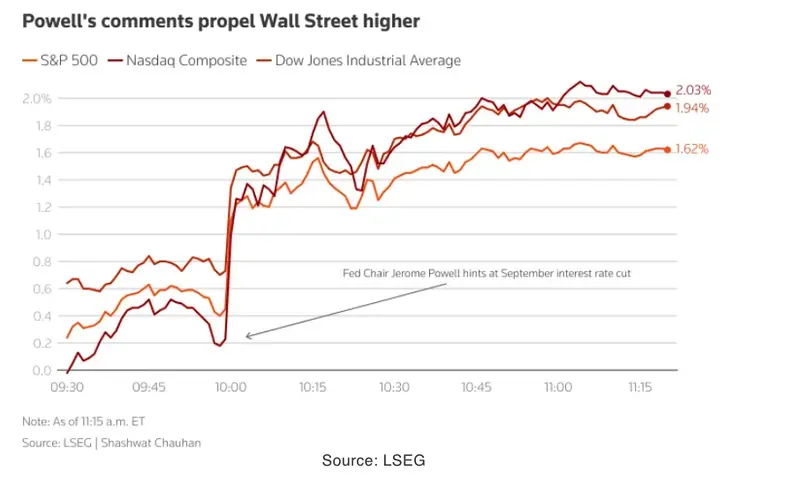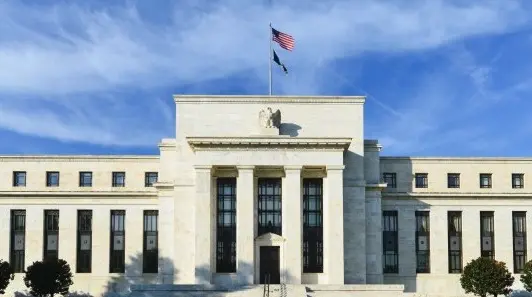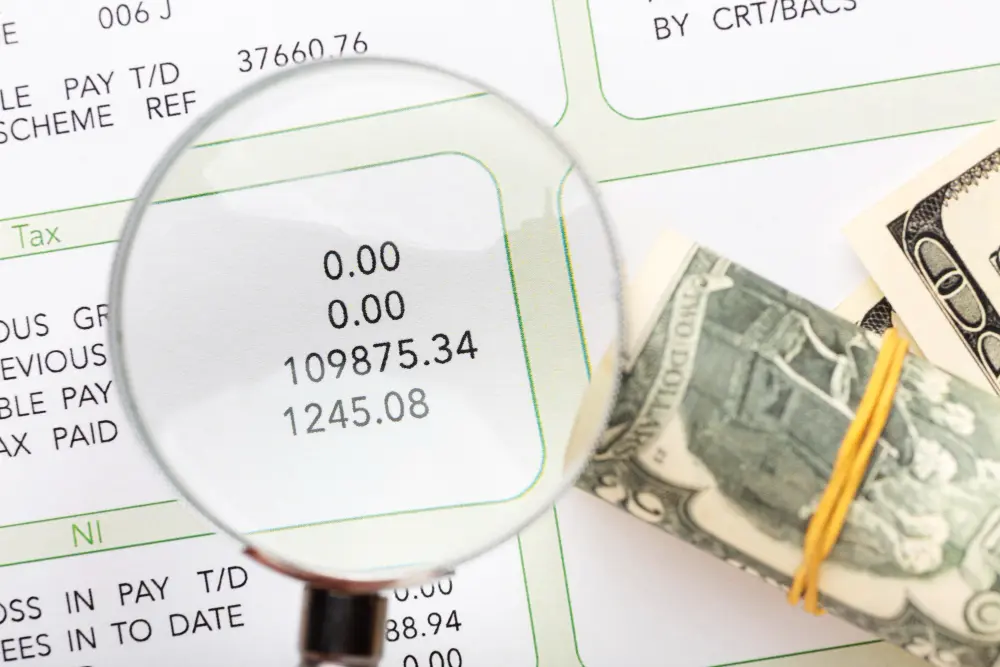Ten of the 11 S&P 500 sectors were up, with consumer discretionary stocks jumping nearly 3% and communication services rising 2.3%. The Philadelphia Semiconductor Index soared 3.3%, while major growth stocks also saw gains, led by Tesla, which rose 5.7%.
The Russell 2000 Index, which is sensitive to interest rates, surged 3.9%, reaching its highest level this year.

Fed Chair Powell Pivots. September Cut Incoming?
Chair Powell’s Jackson Hole speech represented a marked shift in tone from the Fed’s July minutes earlier this week. The minutes suggested that most FOMC members saw the upside risks to inflation as “more salient” than the downside risks to inflation, but Chair Powell acknowledged today that the balance of risks "appears to be shifting”.
Chair Powell's speech highlighted a tricky situation: inflation risks are rising, while employment risks are falling. He explained that when these goals conflict, the Fed's approach is to balance both. He noted that interest rates are now much closer to a neutral level than they were a year ago, and the steady unemployment rate gives the Fed room to carefully consider any policy changes. However, since rates are already high, the changing economic outlook might require adjustments to policy.
Powell's tone was more cautious (or "dovish") than expected. He didn’t push back against the idea of a rate cut, keeping his options open. A key point was his reduced concern about inflation caused by tariffs, likely due to signs of a weakening job market. Markets reacted strongly to his comment about "shifting risks may warrant adjusting policy," as many had feared he would take a more aggressive (or "hawkish") stance.
As a result:
-Short-term bond yields dropped below 3.7%.
-The 10-year yield also fell, nearing 4.25%.
-The chances of a rate cut in September jumped back to 90%, up from less than 70% before his speech.
The dollar index dropped 0.96% to 97.66 after Powell's comments. It had been around 98.7 earlier in the day.
The euro rose 1.06% to $1.1728, hitting $1.1742 at one point, its highest since July 28. The dollar weakened 1.08% against the Japanese yen, falling to 146.77.
The British pound gained 0.86%, reaching $1.3527. The Australian dollar climbed 1.14% to $0.6492.
In cryptocurrencies, Bitcoin jumped 4.10%, reaching $117,035.
Gold received a much needed shot in the arm rising close to the $3380/oz mark after Fed Chair Powell's speech.
The Week Ahead
The week ahead will be all talk around a potential Fed Pivot while high impact data from the US and Japan will be in focus.
Asia Pacific Markets - BoJ in Focus as Ueda Speaks at Jackson Hole, Tokyo Inflation Next Week
From China we will get July's industrial profits data, released on Wednesday, is expected to show ongoing declines. To address issues like deflationary price wars, policies to reduce excessive competition and industrial overcapacity will be important.
However, these measures may have side effects and are likely to be implemented slowly. As a result, profits could stay weak throughout the year.
Over the weekend we will hear from BoJ Governor Ueda who will be speaking at the Jackson Hole Symposium. Market participants will be hoping for signs of whether a rate hike will be coming anytime soon especially after headline inflation hit an 8 month low.
Tokyo's inflation data is highly anticipated, with overall prices expected to slow to 2.6% in August from 2.9% in July, mainly due to lower energy costs, though fresh food prices are still rising. Core inflation (excluding fresh food and energy) is likely to stay above 3%, giving the Bank of Japan more confidence that underlying inflation is nearing its 2% target.
Industrial production is predicted to drop by 1.2% in July, partly reversing June's 2.1% increase, as temporary output boosts from tariff-related demand return to normal. However, retail sales are expected to grow, helped by strong wage increases. The unemployment rate is likely to stay at 2.5%, reflecting a tight job market that could lead to more stable wage growth over time.
Euro Area Economic Sentiment and the Feds Preferred Inflation Gauge
Eurozone sentiment will be closely monitored next week to see if it matches the positive results of last Thursday's PMI. The strong manufacturing data gave hope that the trade war's impact has been smaller than expected. If the European Commission's data confirms this, it would strengthen the outlook for a better-performing eurozone economy.
The Fed's preferred inflation measure is expected to match the 0.3% month-on-month increase seen in core CPI. However, there's a chance it could come in slightly lower. While producer price data was strong, the parts that directly impact core PCE were more mixed.
For all market-moving economic releases and events, see the MarketPulse Economic Calendar. (click to enlarge)

























































































